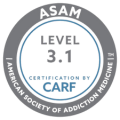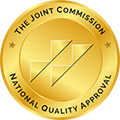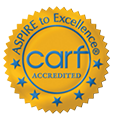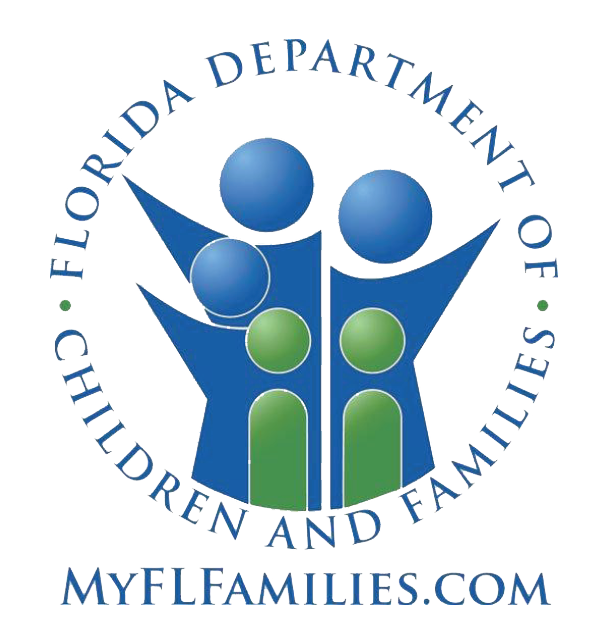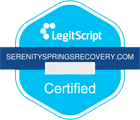At Serenity Springs, our Partial Hospitalization Program (PHP) is an ideal option for individuals who require a structured and intensive program but do not need 24/7 residential care. This level of care is suitable for individuals who have completed a residential treatment program and are transitioning to a lower intensity setting, or for those who need more support than traditional outpatient programs can provide. Partial hospitalization is well-suited for individuals who are motivated to recover and have a stable living environment that supports their sobriety.
Located on our peaceful and serene 38-acre lakefront property, our men’s partial hospitalization program provides a supportive and structured environment for individuals struggling with substance use disorders, mental health disorders and co-occurring disorders. Our integrated approach addresses both the addiction and underlying mental health issues concurrently, allowing individuals to address the root causes of their struggles. We strive to help men develop healthy coping mechanisms, enhance their self-esteem, and rebuild their lives in a sustainable and meaningful way.
Our PHP program offers a full schedule of evidence-based therapies, individual counseling sessions, group support, recreational and holistic treatments. Our expert team of professionals will work closely with each individual to develop a personalized treatment plan that meets their unique needs and goals. While most individuals who take part in our PHP program come to our facility 5-7 days a week from 9am to 5pm and return home in the evenings. This level of care provides a balance between independence and support, offering a stepping-stone towards a successful and sustainable recovery journey. Housing options are available for this level of care for an additional fee.

